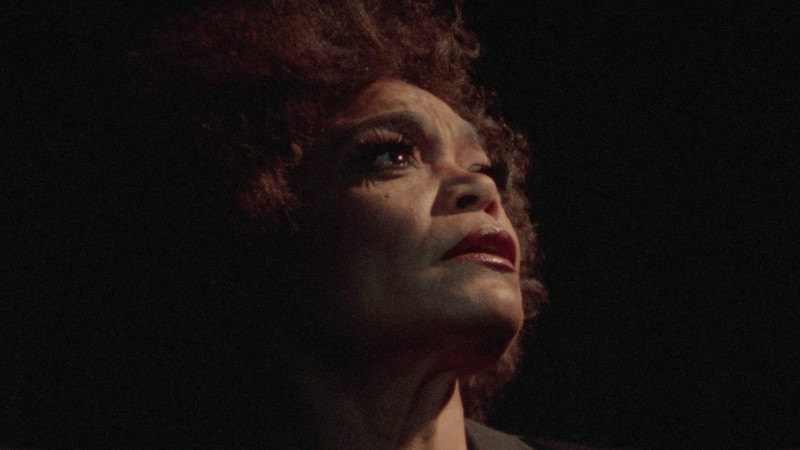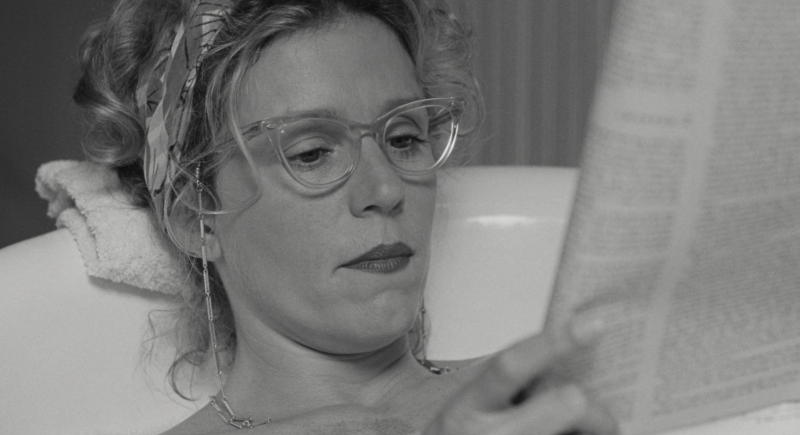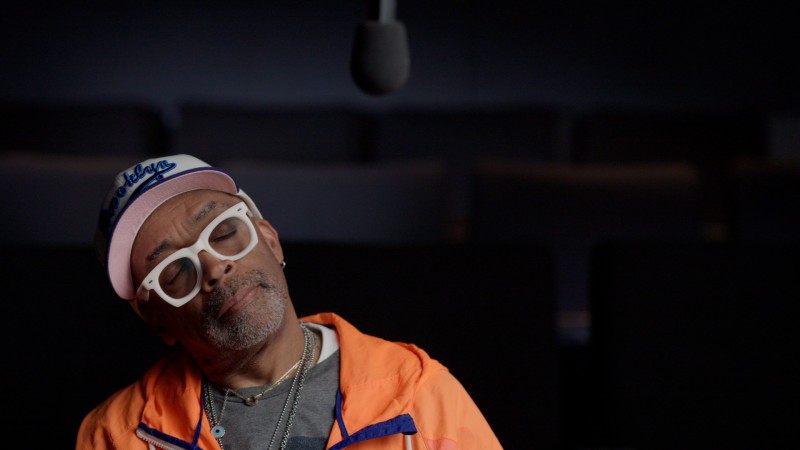On Set With Olivier

In 1955, while at high school in Surrey, I saw Laurence Olivier’s film of Richard III, which appeared so lush and splendid, with its burnished colors, its stirring music by Sir William Walton, and Olivier’s mighty cri de coeur before his character’s demise at the battle of Bosworth Field. Two years later, during the fall of 1957, I came face-to-face with Olivier’s brilliance. John Osborne’s play The Entertainer had been written at the actor’s request, and opened at the Royal Court in London’s Chelsea. An instant success, it transferred to the much larger Palace Theatre in the West End, where I saw it. Like Osborne’s previous play, Look Back in Anger, The Entertainer was directed by a twenty-eight-year-old Tony Richardson, and captured the seedy discontent of postwar Britain. Olivier’s performance as Archie Rice seemed supercharged with a desperate energy and bitterness. Clad in extravagant makeup and trashy clothing, he made of this obsolescent music-hall performer more than just a figure of fun. His was the tragedy of the clown who yearns to play Hamlet.
In 1963, the National Theatre opened on London’s South Bank, with Olivier as its first artistic director. Two years later, I saw him there, playing Othello. Olivier reminted so many of the great speeches. He filled out the text with smiles, chuckles, and gestures until Othello could be seen as not the magnificent warrior of tradition but a gullible outsider in the Venetian army, delighted as a sandboy to have landed such a fair prize as Desdemona, and groveling and whining when he thinks her to be false. Purists cried shame at Olivier’s Al Jolson–style blackface, and yet the intensity of the performance onstage seemed to transcend such criticism—though that intensity was diminished in the rather awkward filmed version.
David Plowright, head of Granada TV during the 1970s and ’80s, was Olivier’s brother-in-law, and at a family gathering over Christmas 1981 he noted “a stubble of beard and a gleam in Larry’s eye” that suggested the time was ripe to mount a television version of King Lear. Olivier had played Lear only once previously, at the Old Vic in 1946.
“King Lear is the only star part for an old man in dramatic literature that I know,” he told me during an interview arranged by Granada. “Nobody ever wrote a play about Methuselah. When you’re thirty-nine, you’re full of spunk and vinegar and the toughness of the role doesn’t upset you very much. I was twenty-seven when I played Romeo, twenty-nine for Hamlet. But the age comes naturally now. When you’re seventy-five, which I am, it’s damned hard to find roles, and Lear— well, it sounds terribly boastful. But there’s nothing to it. He’s just a selfish, irascible old bastard. So am I. It’s a straight part for me. Absolutely straight. My family would agree with that: ‘No wonder he’s all right,’ they would say, ‘he’s just himself, he’s got just that sort of ridiculous temper, those sulks. Absolutely mad as a hatter sometimes.’”
Television, however, never attracted Olivier in quite the same way as the theater or the cinema. “I must be a director’s notion of hell, where TV’s concerned,” he confessed with a sly, sidelong look, “for I cannot do anything the same way twice.”
On set at the Granada Studios in Manchester, Olivier was tall with a trim white beard, and seemed gentle and full of piteous disbelief, his mouth agape as though gasping for salvation. When he blew his lines, he put his hand to his head in frustration and apology to all and sundry. The crew called him “sir,” and not just in deference to his knighthood. “The storm scene was very tough,” he complained to me, “where they virtually pour a whole swimming pool onto me. The only thing that worried me was that the rain was so strong in my eyes, I could hardly open them!”
I last met with him in a nondescript, barely furnished room at Granada’s London offices. With his conservative haircut, glasses, and thin, almost lascivious lips, he looked more like a banker or a physician than a legendary actor. Suited and groomed, he seemed wary of my presence until the moment I mentioned the vivid memory I had of the Bosworth Field speech in Richard III. Without prompting, he proclaimed, with a force that made the windows tremble, “A horse! A horse! My kingdom for a horse!” It was as though he’d flown back across the decades to the scene of Richard’s ruin, and to his own apogee as an actor.
This is one in a series of pieces devoted to film figures Cowie has gotten to know in the course of his career. Read his introduction to the series here.





